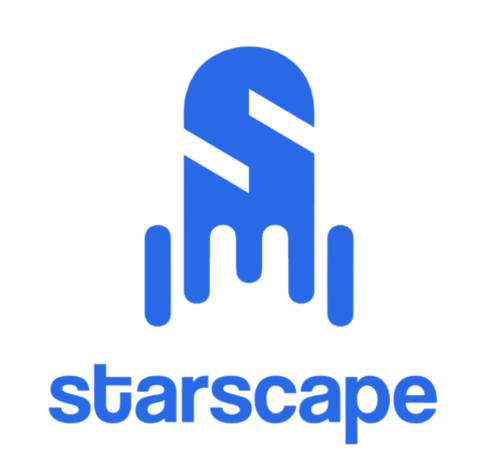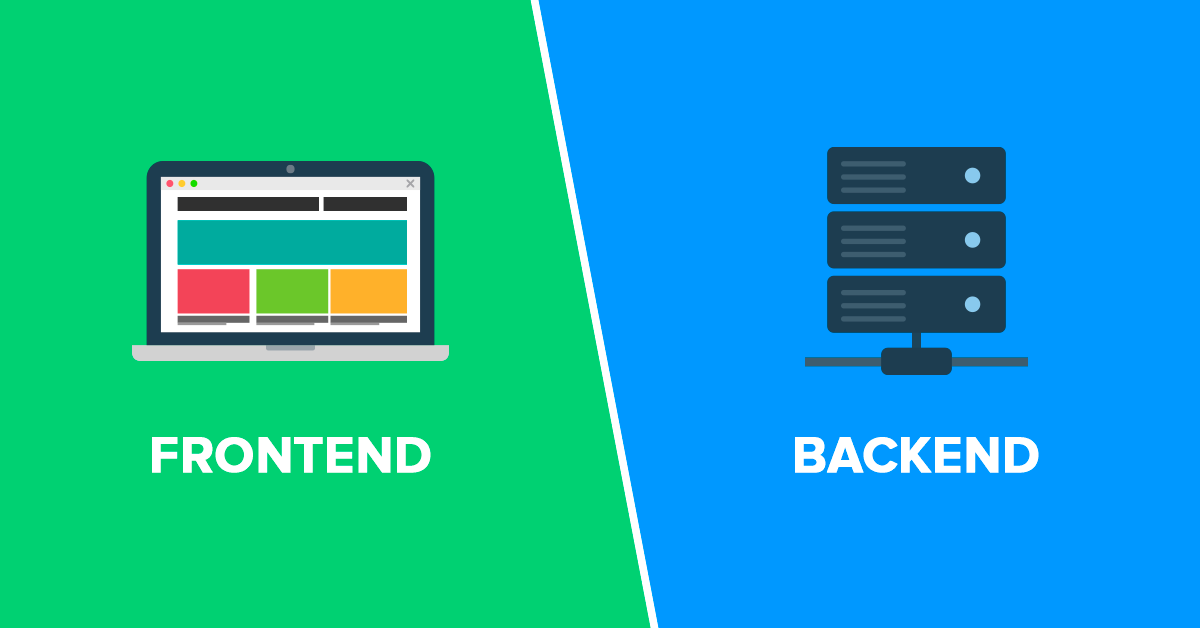
In the world of web development, the term “frontend” refers to the portion of a website or web application that users interact with directly.
This is the visual and interactive layer that users experience, and it encompasses everything from layout and design to functionality and responsiveness.
Frontend technologies are crucial because they determine how users perceive and interact with a website, influencing user experience (UX) and overall satisfaction.
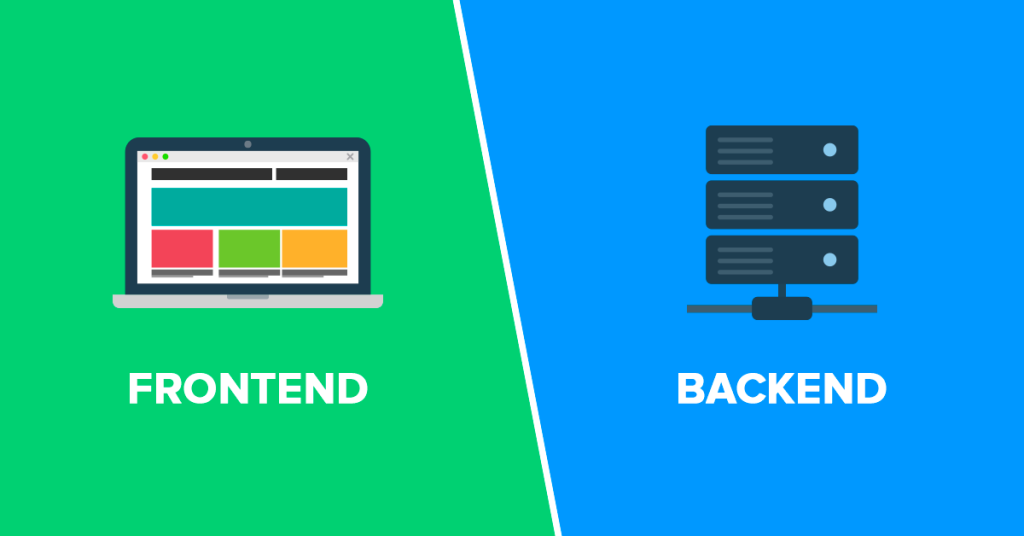
Frontend technologies include various programming languages, frameworks, and libraries designed to create and enhance this user-facing part of web applications.
Among the most prominent tools in this space are Angular, ReactJS, TypeScript, and RxJS. Each of these plays a distinct role in modern web development.
We’ll talk about each of those specialized tools to give you, as a client, a better idea how we approach tasks when it comes to helping yourself and business owners to achieve your unique vision.
First though, let’s clarify what happens when you get a developer who doesn’t care about using the best frontend technologies to create your website.
Situations To Avoid

While modern frontend technologies like Angular, ReactJS, TypeScript, and RxJS are powerful tools for creating dynamic and user-friendly websites, relying on outdated or poorly implemented technologies can lead to subpar results.
Using technologies that are no longer supported or maintained, such as older versions of jQuery or Flash, can result in websites that are slow, insecure, and incompatible with modern browsers.
Additionally, overcomplicating the frontend with excessive frameworks or poorly structured code can make the site difficult to maintain and prone to errors. It’s crucial for businesses to choose current, well-supported technologies and ensure they are implemented by skilled developers to avoid these pitfalls.
Now let’s talk about what we here at Starscape SEO like to use and why we use it.
Angular: A Comprehensive Framework
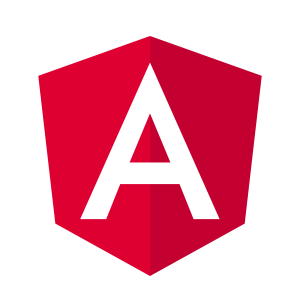
If you’re looking for a dynamic Angular web developer, we here at Starscape SEO can help.
Angular is a robust framework developed and maintained by Google, and it is one of our go-to front end tools.
It is designed for building dynamic single-page applications (SPAs) where the entire application is loaded into a single web page.
Angular is known for its two-way data binding, which ensures that changes in the user interface (UI) automatically reflect in the application’s data model and vice versa.

This bidirectional data flow simplifies the process of managing complex interactions between UI components and data.
Purpose: Angular provides a structured framework that supports building scalable and maintainable applications.
It includes tools for routing, form validation, HTTP client services, and more, making it a comprehensive solution for enterprise-level applications.
Why It’s Called “Frontend”: Angular operates on the client side, meaning it runs in the user’s browser.
It handles the presentation and user interactions, making it a quintessential frontend technology.
ReactJS: A Flexible Library
![]()
If you’re looking for a ReactJS developer who knows their stuff, again, Starscape SEO can help!
ReactJS is a popular JavaScript library developed by Facebook.
Unlike Angular, ReactJS focuses on building user interfaces using reusable components. Each component is responsible for rendering a portion of the UI, and changes to the component state automatically update the view.
Purpose: ReactJS is designed for creating interactive UIs with minimal effort.
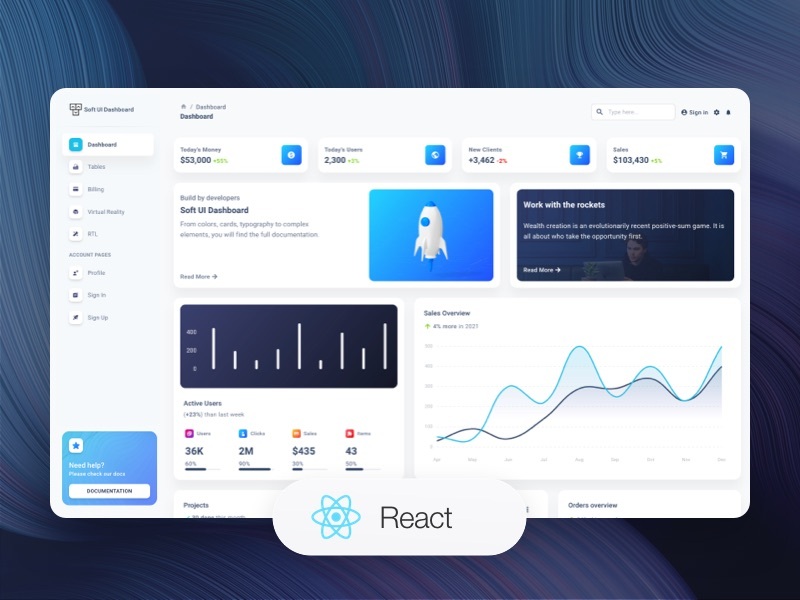
Its component-based architecture promotes reusability and maintainability, allowing developers to build complex interfaces efficiently.
React also uses a virtual DOM to optimize rendering performance, ensuring that updates are fast and responsive.
Why It’s Called “Frontend”: ReactJS is concerned with the view layer of applications.
It operates entirely on the client side, where it handles rendering and updating the user interface based on user interactions and application state.
TypeScript: Enhancing JavaScript

We also love TypeScript, which is a superset of JavaScript developed by Microsoft.
It introduces static typing to JavaScript, which means developers can define types for variables, function parameters, and object properties. This feature helps catch errors early in the development process and improves code quality and maintainability.
Purpose: TypeScript aims to enhance the development experience by providing type safety and better tooling support.

It allows for more robust and scalable code, especially in large codebases where dynamic typing can lead to unpredictable behavior.
Why It’s Called “Frontend”: TypeScript is used to write JavaScript code that ultimately runs in the browser.
While it introduces additional features and syntax, it compiles down to standard JavaScript, which is a frontend technology.
RxJS: Reactive Programming for Modern Web Apps

RxJS (Reactive Extensions for JavaScript) is a library for reactive programming using observables.
It allows developers to work with asynchronous data streams, such as user input or HTTP requests, in a declarative manner.
RxJS is often used in conjunction with frameworks like Angular to handle complex data interactions and event management.
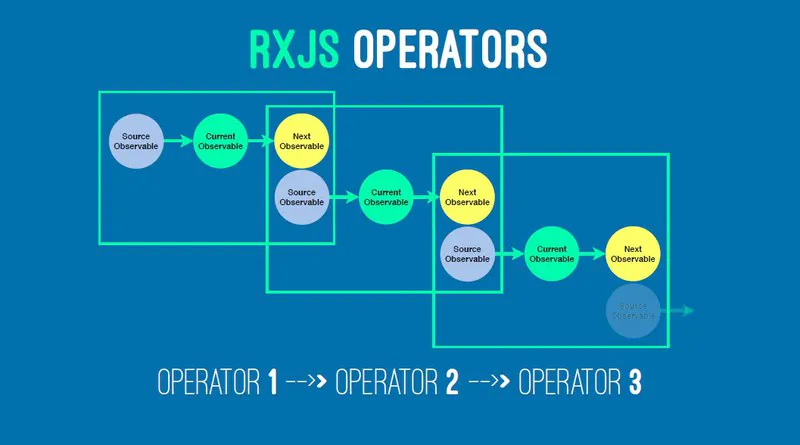
Purpose: RxJS simplifies the management of asynchronous operations and event-based programming.
It provides operators for transforming, combining, and querying data streams, which is essential for building responsive and interactive web applications.
Why It’s Called “Frontend”: RxJS operates on the client side, facilitating data handling and event processing in the browser. It enhances the frontend by making it easier to manage asynchronous and event-driven logic.
Key Takeaways for Business Owners

User Experience: Frontend technologies directly impact how users experience your website or application.
Choosing the right tools can lead to a more engaging and efficient user interface.
Scalability: Technologies like Angular and ReactJS provide frameworks and libraries that support the development of scalable applications, crucial for growing businesses.
Code Quality: TypeScript improves code quality and maintainability, reducing the likelihood of bugs and making future updates easier.
Asynchronous Handling: RxJS helps manage complex data flows and asynchronous operations, ensuring your application remains responsive and reliable.
Choosing the Right Tools: The choice between Angular, ReactJS, TypeScript, and RxJS depends on your specific needs, project size, and team expertise. Each has its strengths and is suited to different types of projects.
By understanding these frontend technologies and their roles, business owners can make informed decisions about their web development projects, ensuring a better user experience and more efficient development process.
